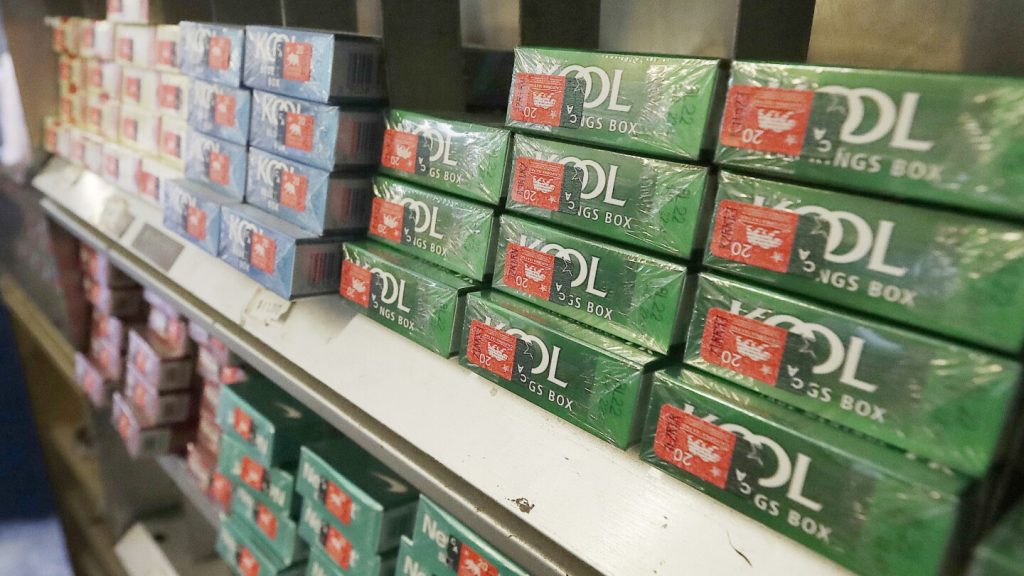In a recent announcement, the Biden administration has indefinitely delayed a long-awaited ban on menthol cigarettes. This decision, made by Health and Human Services Secretary Xavier Becerra, has received backlash from anti-smoking advocates who believe that the ban could save lives, especially in the Black community. The administration has cited the need for more time to consider feedback from various groups, including civil rights organizations and small businesses. The White House has been in talks with groups opposing the ban, many of which have financial ties to tobacco companies.
FDA officials had worked towards banning menthol cigarettes, predicting that it could prevent hundreds of thousands of smoking-related deaths over four decades. However, the ban has faced setbacks in the past due to pushback from the tobacco industry and competing political priorities. With both Biden and Trump vying for the support of Black voters, the potential impact of the ban has become a topic of scrutiny for both Republicans and Democrats leading up to the fall election. Despite the support of organizations like the NAACP and the Congressional Black Caucus, the ban has faced challenges in gaining widespread approval.
Anti-smoking advocates have long been pushing for a ban on menthol cigarettes, which are particularly popular among Black smokers. Of Black smokers, about 80% smoke menthol cigarettes, which can mask the harshness of smoking and make it easier to start and harder to quit. The FDA considers menthol cigarettes to be a significant public health concern, especially among teenagers who prefer menthol flavors when smoking. The tobacco industry has historically targeted Black communities with menthol cigarette advertising and promotions, leading to higher rates of use in these populations.
Biden’s administration had initially targeted last August to finalize the menthol ban, but the deadline has passed without action, prompting several anti-smoking groups to file a lawsuit. The delay has drawn criticism from organizations such as the National Medical Association, which is suing the administration for caving in to tobacco industry pressure. Civil rights leaders, including Rev. Al Sharpton, have also expressed concerns that a menthol ban could create an illegal market for cigarettes in Black communities, leading to more confrontations with law enforcement. Despite these concerns, the FDA remains committed to banning menthol cigarettes, prioritizing public health and safety.
Smoking is a major public health issue, causing cancer, strokes, heart attacks, and claiming hundreds of thousands of lives each year in the United States. The debate over the menthol ban highlights the intersection of public health, racial disparities, and political considerations. As the Biden administration navigates this issue, the decision on the menthol ban is being closely watched by advocates, policymakers, and communities affected by tobacco-related health disparities. The outcome of this debate will have implications for public health efforts, racial equity, and the tobacco industry’s influence on policy decisions.


